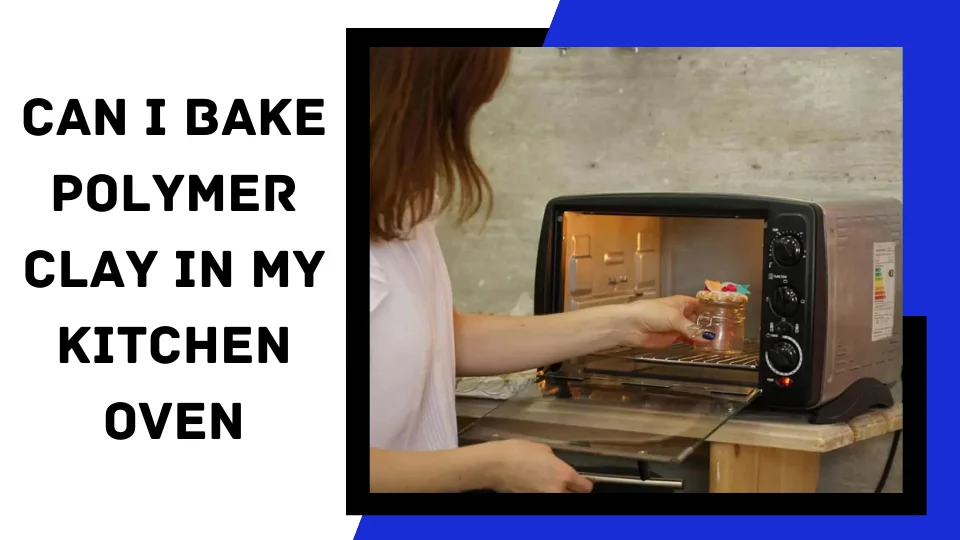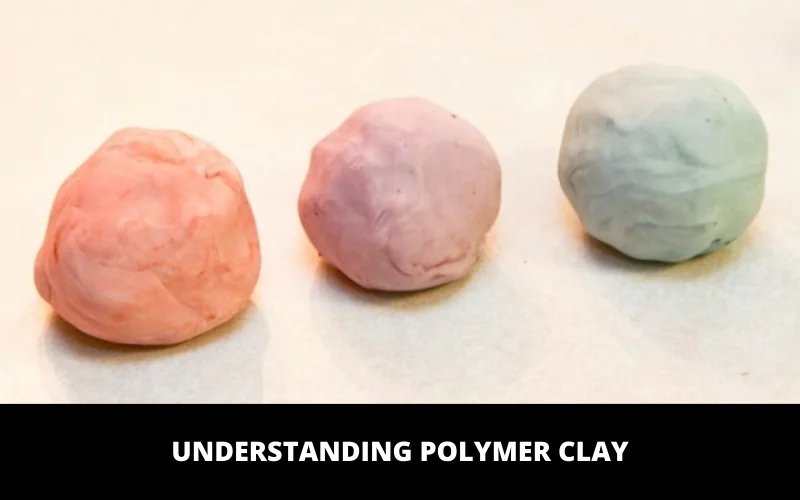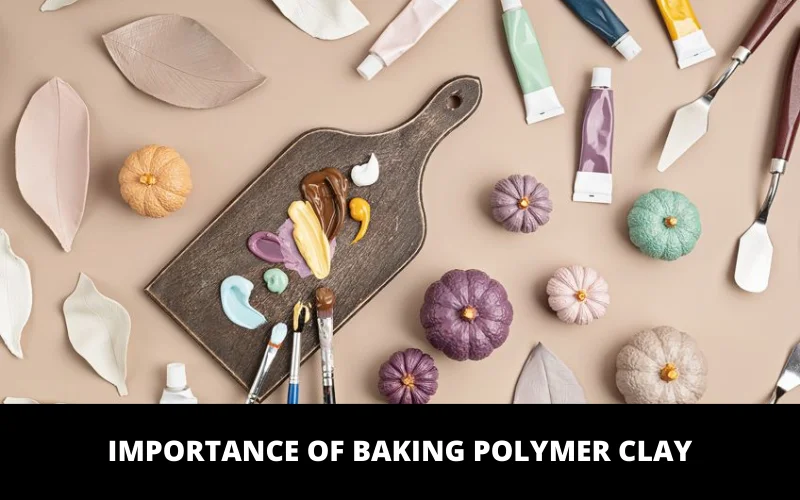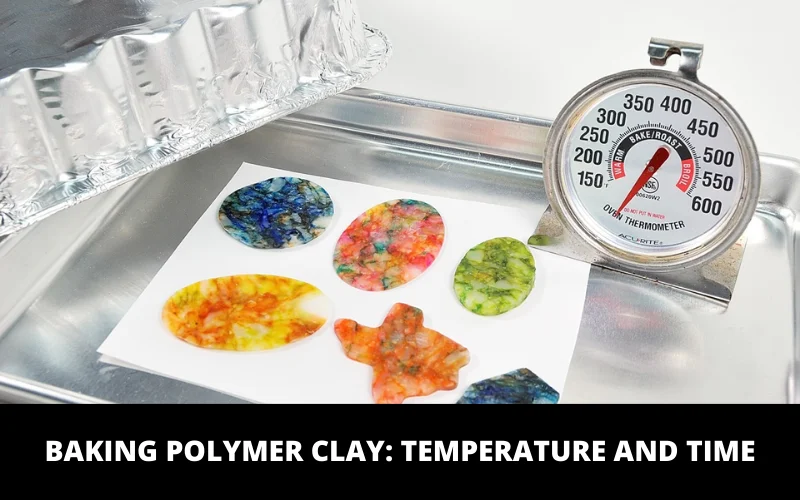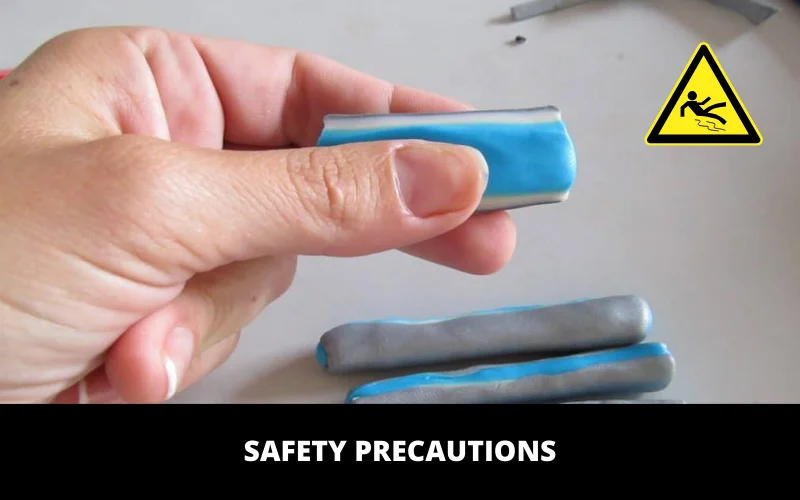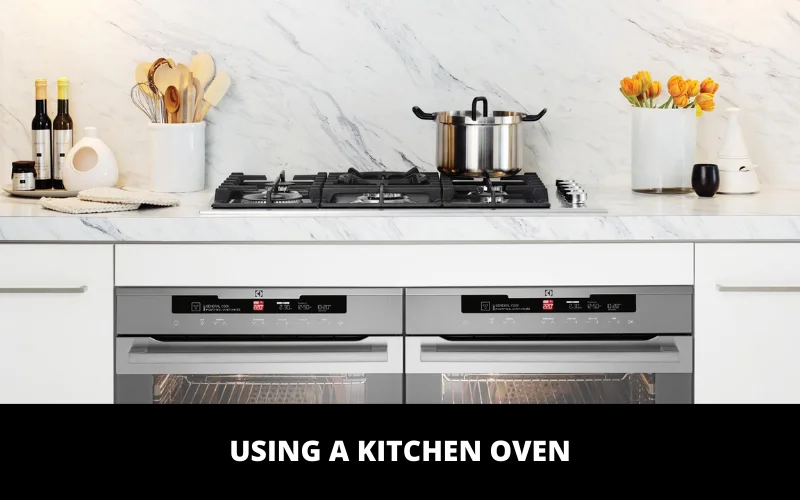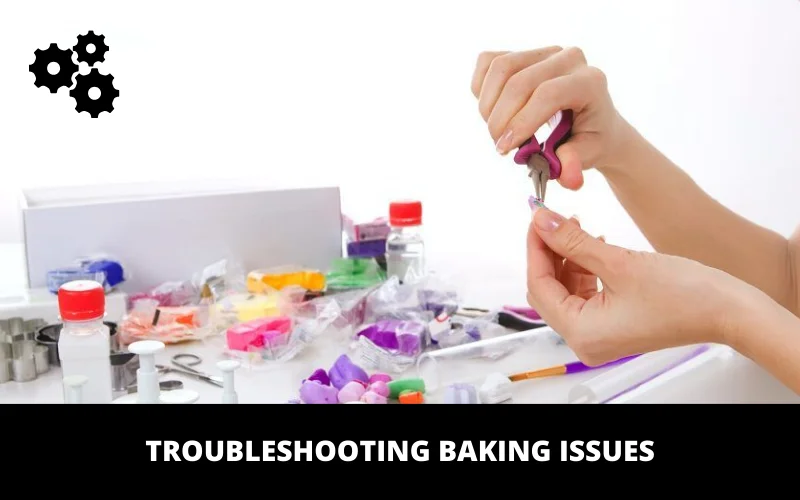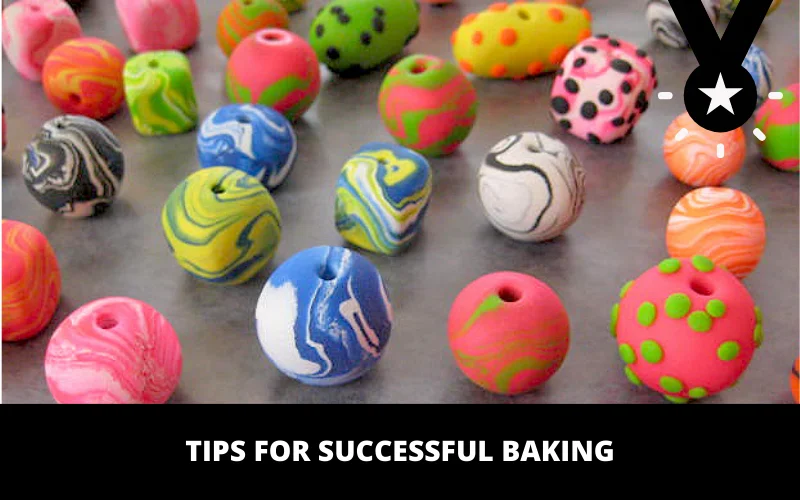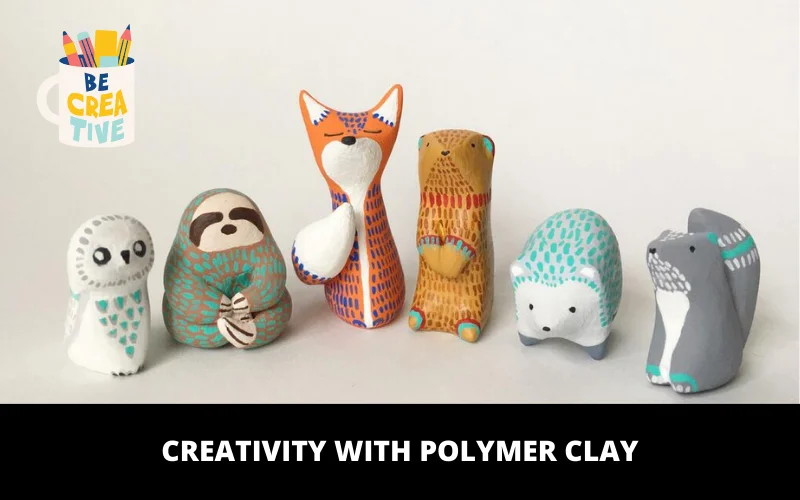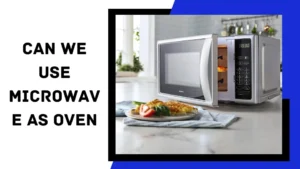If you are an artist who is designing beautiful artistic sculptures then one question is sure to come into your mind like can I bake my polymer clay in the kitchen oven?
Well, the answer to this is that, of course, you can bake your polymer clay in the kitchen oven, but there are certain things that you need to take care of before baking.
What are those things?
Let’s see in this blog.
Understanding Polymer Clay
Now, before we start the process of baking the polymer clay, let’s have a bit of time to understand what polymer clay exactly is and how it is used.
Well polymer clay is basically used by numerous artists and crafters for crafting and designing beautiful artistic sculptures. It is made up of tiny particles of PVC i.e. polyvinyl chloride.
Now, what’s unique about polymer clay?
Well in case of normal clay, there are high chances of it getting shrunk when exposed to air or heat for a longer duration of time. But the amazing thing about polymer clay is that it will not get shrunk when exposed to heat or air for a long duration of time.
Importance of Baking Polymer Clay
Now, you might wonder that as polymer clay is highly durable, there’s no need to be baking it. Well, yes, polymer clay is highly durable but if it is exposed to heat or air for a long duration of time, it can get shrunk up due to its soft nature.
Besides this, it is not at all waterproof. So if it gets exposed to water, there are high chances that your beautiful project gets drowned off in a few minutes.
So when you bake your polymer clay, the heat in the oven causes the clay to cure and harden up, thus eventually eliminating all the chances of your project getting misshapen.
Baking Polymer Clay: Temperature and Time
Now that you know how important it is to bake your polymer clay, you might want to know exactly at what temperature and time you should bake polymer clay.
Well, it basically depends on the thickness of your polymer clay. The thicker your clay is, the more temperature and time it is going to take to get baked. But normally, it requires a temperature range between 265 degrees Fahrenheit to 275 degrees Fahrenheit, that is, 129 degrees Celsius to 135 degrees Celsius.
Safety Precautions
Now as it is said precaution is always better than cure, while baking your polymer clay it would be always a good idea that you take care of one vital thing. And that is, while baking your polymer clay, you always need to make sure that your clay is getting a well-ventilated area.
Otherwise, there are high chances that a lot of toxic fumes get built up during the baking process which will not at all be good for your designed project.
Using a Kitchen Oven
Now though the kitchen oven is a good appliance for baking the polymer clay but there are certain things that you need to take care of before starting baking it.
The first and foremost thing is that you need to make sure that your kitchen oven is larger because a large size will allow it to accommodate any size of project very easily.
Moreover, you also need to take care that your oven possesses a temperature control system as it will allow your oven to operate at different temperature ranges that is required by your polymer clay.
Alternative Baking Methods
In case it is not possible to use your kitchen oven then there are alternatives available in the market. The first and best alternative method that I personally like is the use of toaster ovens.
Why do I like using toasted ovens for baking?
The primary reason behind this is that it’s basically small. So, it gets fitted anywhere you want. Secondly, it contains a temperature control system that allows us to bake different kinds of polymer clays at different temperature ranges.
Even if you are not having this option then dedicated polymer clay ovens are the best appliances which are specially designed for baking the polymer clay.
As you can imagine, in the case of dedicated polymer clay ovens, there is no need to worry about temperature control as they are specifically meant for baking the polymer clay only.
Troubleshooting Baking Issues
Of course, when there are numerous benefits, there is also the possibility of some issues.
The major issue while baking you are going to face is that you need to take care of the temperature very precisely because in any case if your clay is exposed to high temperature then there are high chances that its color changes which will not at all be good for your project.
Moreover many times too much high temperature exposure also burns your polymer clay that means destroying your project entirely. So always make sure that you prefer the oven that has the temperature control system present in it.
Food Safety Considerations
Now, when you are using your kitchen oven to bake the polymer clay, you need to take care of certain things. Why? Obviously, it is because you are going to use the same oven to cook your meals.
So in every way you will have to take care about your safety. So it will always be good to clean your oven thoroughly once baking your polymer clay is completed.
Secondly, you can even use protective barriers like parchment paper or aluminum foil, which can prevent the oven surface from coming into direct contact with the clay.
This will eliminate the possibility of the clay residue settling down on your oven surface.
Tips for Successful Baking
Here are some tips that are surely going to help you bake your polymer clay successfully.
- Firstly, always provide a well-ventilated area to your clay in order to prevent the build-up of toxic fumes.
- Always monitor your oven temperature consistently in order to ensure that you do not exceed the required temperature limit.
- It would always be a good idea to use a dedicated polymer clay oven in order to prevent your food from getting contaminated.
- It will always be a good idea to use a dedicated polymer clay oven instead of your kitchen oven to prevent your food from getting contaminated.
- You should always try alternative baking techniques instead of relying on other single techniques.
Caring for Baked Polymer Clay
Now, once you have baked your polymer clay, you need to take care of it in every possible way to make sure that it doesn’t get damaged in any way.
Firstly, you always need to make sure that you avoid exposing your baked clay to direct sun exposure so that it doesn’t fade away or wipe up in any way.
Also, always keep your baked pieces in a sealed manner so that they do not varnish or glaze so that they do not get scratches or wear off in any way.
Creativity with Polymer Clay
Of course, if you are an artist, then you know that polymer clay offers numerous ways to create artistic designs because it is available in a variety of colors and textures.
Also, it is very soft and malleable. So you can mold it to any shape or size required.
Environmental Impact
Though polymer clay is non-toxic and biodegradable, you need to take care of certain things.
Now, when you are left with unused clay, it will always be beneficial for the environment to dispose of that unused clay perfectly.
You can even reuse such unused clay scraps. You can even recycle and package materials instead of disposing of them to minimize their high impact on the environment.
Resources for Polymer Clay Enthusiasts
If you are the one who is very much excited in starting the artistic craft using polymer clay but doesn’t know where to start and how to start then there are a lot of resources available in today’s world.
You you will get to find the community forums and online tutorials for guiding you in every possible way Moreover you also get to have a lot of courses and books available for upskilling your polymer clay art.

